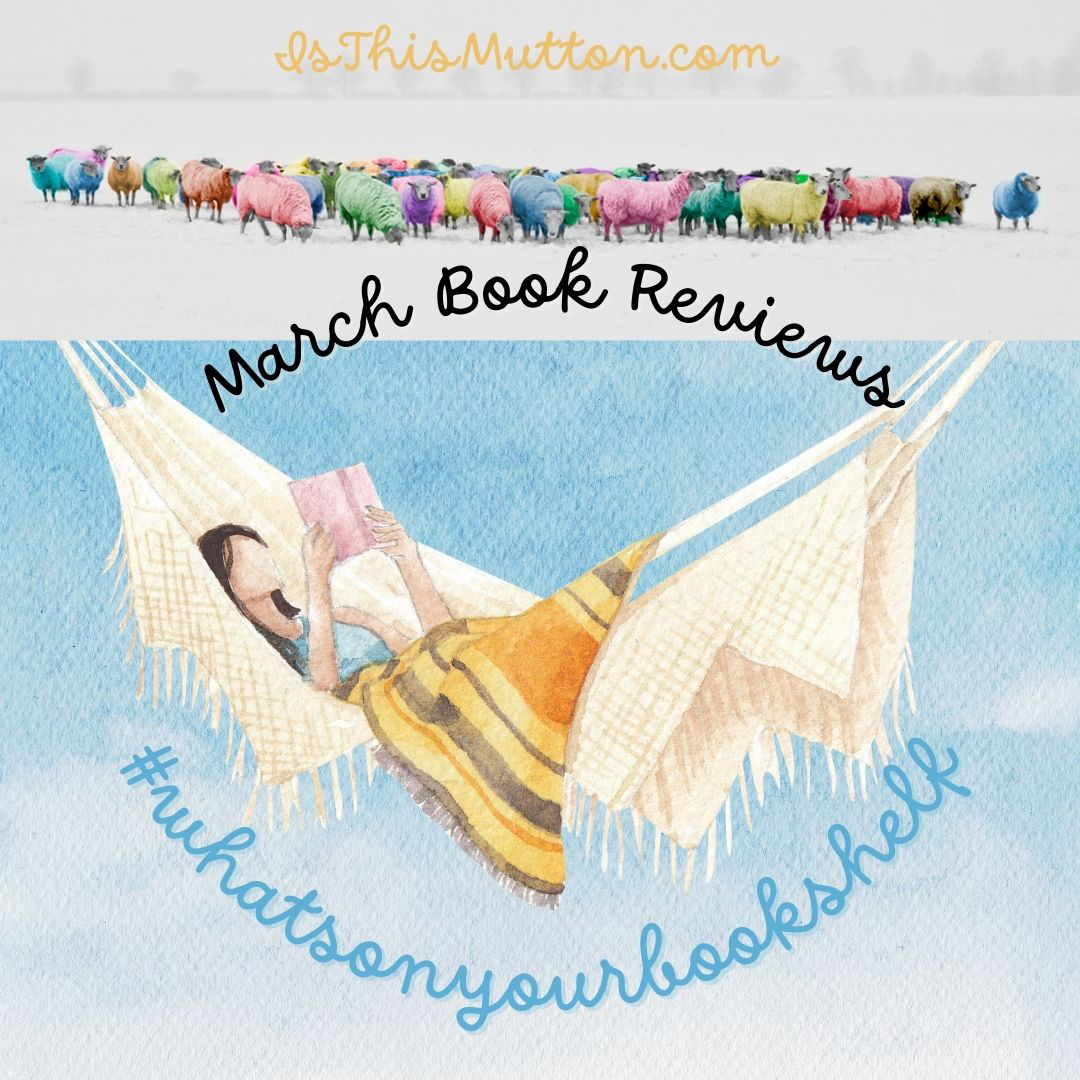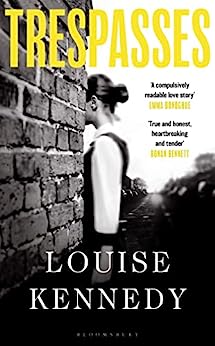Dear friends. I didn't think I'd read many books this month but the list is quite long, and shows what you can do what you put your mind to it! My post is late this month but I've managed to join the southern hemisphere link-up by the skin of my teeth!
My books of the month are:
Henry VIII: The Heart and the Crown by Alison Weir
Metronome by Tom Watson
Let's dive in!
FICTION
Henry VIII: The Heart and the Crown:: The Heart and the Crown by Alison Weir
As a dedicated Tudorphile, I wondered if there was anything new to be learnt about Henry VIII. The answer, in the capable hands of historical fiction author Alison Weir, is Yes. She has written a book on each of Henry VIII's wives, but this book is uniquely from his perspective.
My perception of Henry has never been very favourable. He changed the religion of England in order to get divorced, and then tired of his second wife very quickly and beheaded her after a kangaroo court. The rest of the story we all know well.
But this book made me re-evaluate. Henry's court was very complicated; there were many powerful houses who would fight for the throne once he died, and it was essential he had a male heir. Had his first wife, the much loved Katherine of Aragon, been able to fulfill that goal, she probably would have remained his wife, albeit with Henry having numerous mistresses.
Weir tells us that Katherine probably lost eight babies. Their daughter Mary survived, but Henry was convinced women were weak and easily influenced so he didn't think of her seriously as a successor. Henry was desperate for an heir; the Pope ruled against him and he had to "go rogue."
We tend to forget the first few years of his reign were a golden time. The coffers were overflowing, thanks to his father's frugality, and Henry was a tall, handsome monarch, astutely intelligent and able to discuss from age 11 complicated philosophy and ecumenical matters in Latin.
As he aged, and was beset by more heartbreak as his illegitimate son Richmond and his son with Jane Seymour, Edward VIII, both died, Henry became more volatile, and many key advisors were beheaded which he later regretted.
This book is published on May 11. Thanks to Headline Publishing Group and Netgalley for the advanced reader copy.
Metronome, by Tom Watson
The Lock-Up: A Strafford and Quirke Mystery by John Banville
My first foray into John Banville's Strafford and Quirke mysteries. Set in 1950s Dublin, the body of a woman is found in a lock-up garage, an apparent suicide. But pathologist Dr Quirke is convinced she was murdered and Detective Inspector Strafford soon suspects foul play.
I enjoyed the dynamic between Quirke and Strafford: they do not like each other but there's grudging respect. Neither of them is the stuff of usual detective thrillers. Strafford is living apart from his wife in a flat and not sure if they are separated for good, while Quirke starts a relationship with the sister of the woman whose body was found.
The mystery deepens to include a wealthy German family with links to Israel. A very elegant read with strong character development. This book is published on April 6. Thanks to Faber & Faber and NetGalley for the advance reader copy.
Trespasses by Louise Kennedy
1989 by Val McDermid
This is the second crime thriller featuring journalist Allie Burns. I reviewed the first one, 1979, a few months ago.
It's now 1989 and Allie is no longer an investigative journalist, although she's still looking for stories. She gets a lead which takes her behind the Iron Curtain. She becomes determined to write about the exploitation of the most vulnerable in society, at a time when newspapers tended to avoid such topics.
The book is full of period detail and anecdotes. Some of it jars, such as Allie and her partner having to cover the Hillsborough disaster. They quickly realise the failings of the police as they blamed supporters for what happened, which was eventually discredited many years later in a public inquiry. There are also parallels in the book with the scandals of Robert Maxwell and daughter Ghislaine.
I found the book disappointing. It was trying so hard to make political points that some of the narrative pace and energy was lost.
One for My Enemy by Olivie Blake
I greatly enjoyed Blake's previous novel, the extraordinary Alone With You in the Ether. I struggled initially to get into this, described as "a captivating fantasy story of ambition, sacrifice and the enduring power of family legacies."
The Antonova sisters are beautiful, cunning and ruthless, and their mother – known only as Baba Yaga – is the elusive supplier of premium intoxicants. Their adversaries, the influential Fedorov brothers, serve their crime boss father. Named Koschei the Deathless, his enterprise dominates the shadows of magical Manhattan.
For twelve years, the families have maintained a fraught stalemate. Then everything is thrown into disarray. Bad blood carries them to the brink of disaster, even as fate draws together a brother and sister from either side. Yet the siblings still struggle for power, and internal conflicts could destroy each family from within. That is, if the enmity between empires doesn’t destroy both sides first.
It's a different retelling of Romeo and Juliet, with Blake's characteristic perception and understanding of complex relationships.
The Fall by Louise Jensen
NON-FICTION
Undercurrent: A Cornish Memoir of Poverty, Nature and Resilience by Natasha Carthew
Ageing Upwards by Berit Lewis
I always try to include a book each month that focuses on positivity around ageing. This book reframes ageing by applying Mindfulness techniques. It gave me an appreciation that ageing should be seen not as an issue, but as a different opportunity.
If you think of a knife that's too old and blunt to be used for cutting vegetables, you might consider it could be used for other purposes. And that, in a nutshell, is Lewis's approach.
I very much agree with her statement that ageism is the only "ism" that still seems acceptable in society. The problem is so deep rooted that even older people are ageist, and we see this all the time with celebrities and people on Instagram trying to look younger with quick fixes such as Botox.
Lewis provides a set of tools to re-train the mind to explore what each of us can do to take responsibility for our own life and ageing process. She warns that it's a long process and you need to be dedicated, but the outcome is worth it.










No comments
Post a Comment